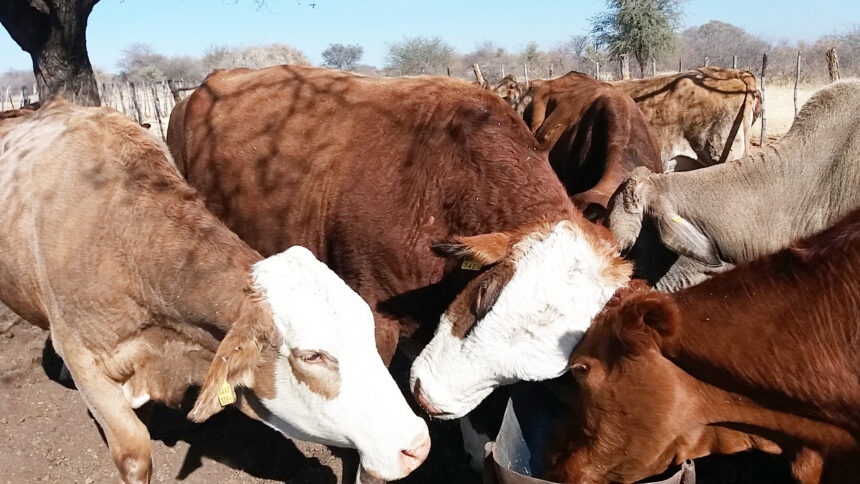The Ministry of Agriculture, Water and Land Reform has clarified that the exportation of live cattle (weaners) to South Africa has not ceased, as per recent rumours in the public arena.
In a media statement issued on Friday by the ministry, it said anyone wishing to export live cattle to SA should apply for the South African Veterinary Import Permit.
The statement indicated that all importation and exportation of livestock and livestock products are facilitated through the provisions outlined in the Animal Health Act (Act 1 of 2011).
“Namibia allows for the importation of fully-processed livestock feed, in compliance with our veterinary import requirements,” it said.
It further indicated that Namibia is currently engaged in negotiations with SA on the revised veterinary import requirements for the importation of unprocessed livestock feed (hay, forage, lucerne and normal grass, amongst others), whose importation will be based on the requirements as prescribed by the World Organisation for Animal Health (WOAH).
The requirements include that feed should have been harvested from a registered establishment where no cloven-hoofed animals were kept, feed should have been subjected to the action of steam in a closed chamber, such that the centre of the bales has reached a minimum temperature of 80 degrees Celsius. Equally, livestock feed should be kept in bond for at least four months, and the transporting vehicles should be cleansed and disinfected with veterinary-approved disinfectants effective at inactivating Foot and Mouth Disease.
-Nampa



